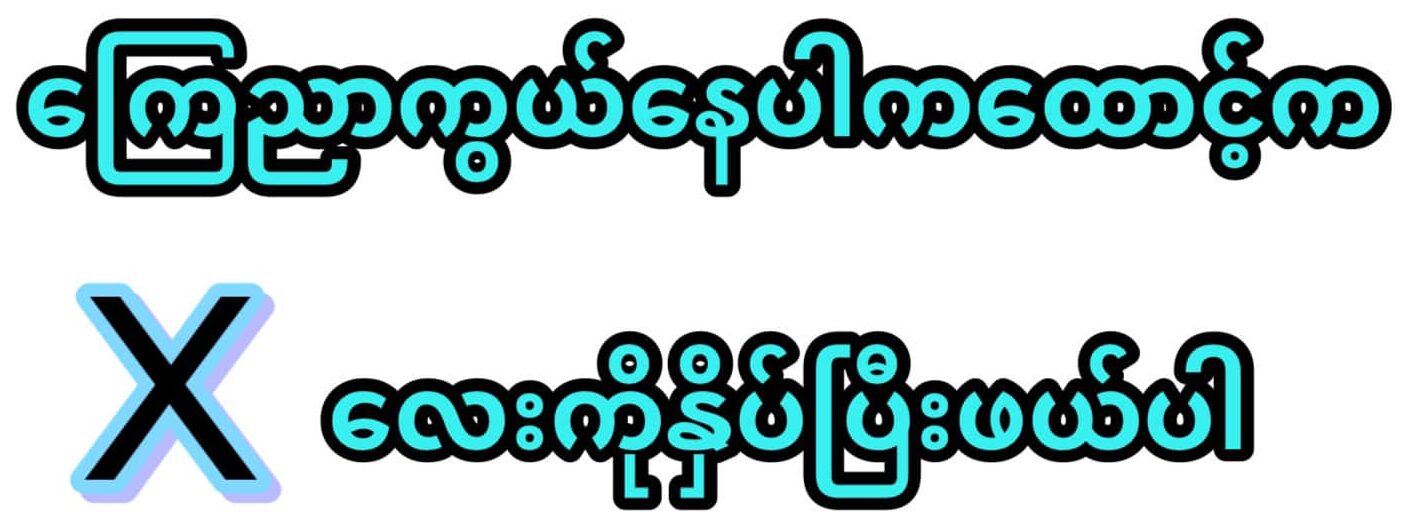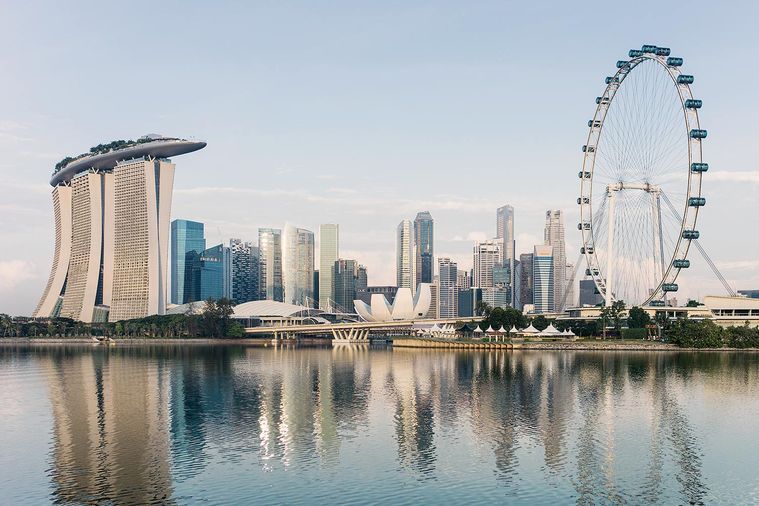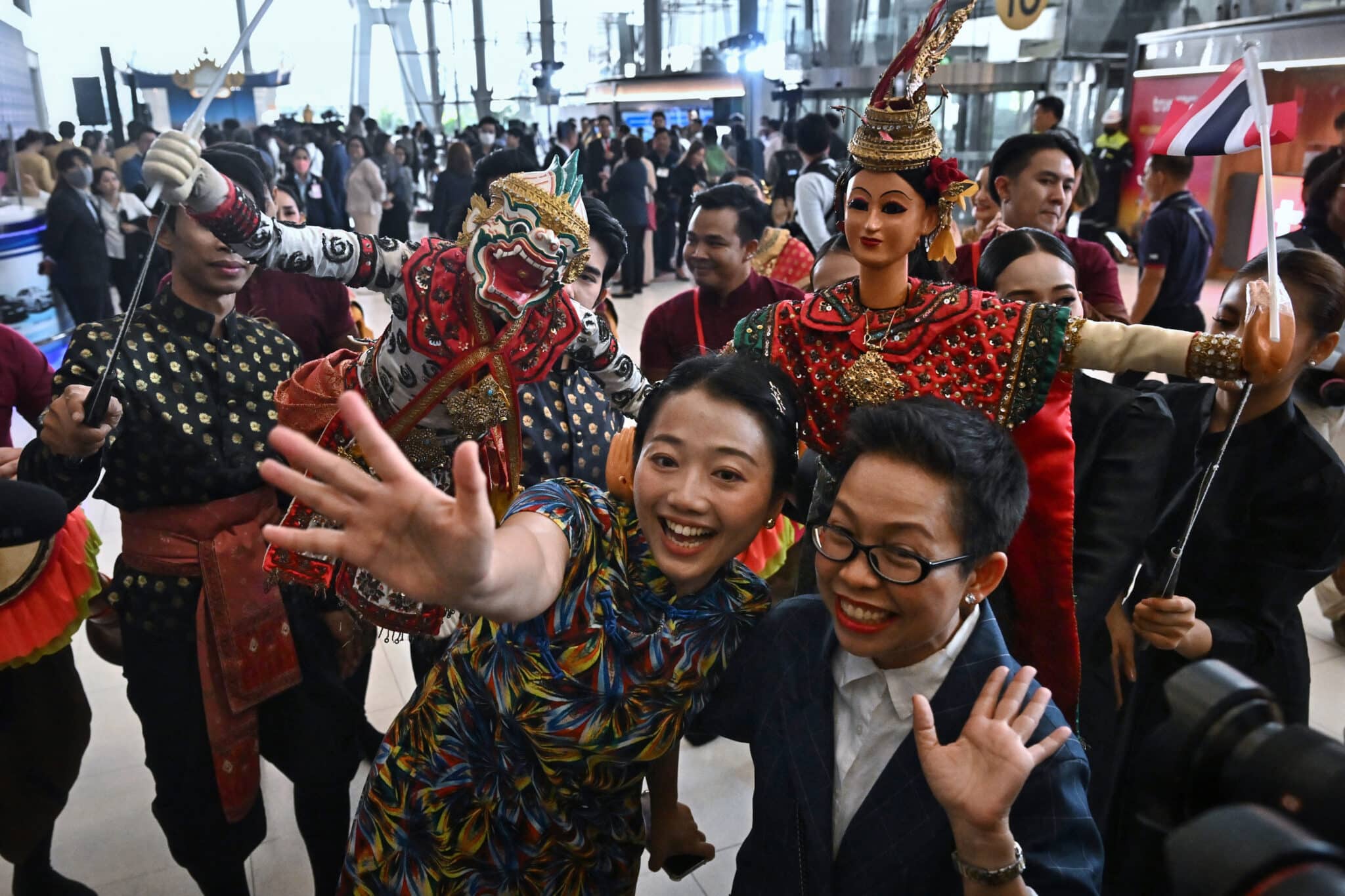Greetings during encounters in Singapore are not haphazard; they are strictly practiced according to accepted ethnic and seniority practices. While most people greet each other with a handshake, older and more reserved Singaporeans may not shake hands upon meeting.
Here are some considerations regarding greetings:
- Women should extend their hands first to shake hands with men.
- Muslims do not shake hands with women in public, as it is forbidden to touch women outside of their immediate family.
Names and Titles:
Different ethnic groups in Singapore have distinct practices regarding names and titles. Here are some guidelines:
Chinese:
- Traditionally, Chinese individuals have three names, with the family name appearing first, followed by two personal names.
- Some Chinese businessmen prefer to use Western names and may request to be addressed by those names.
Malay:
- Men and women do not have surnames but add their father’s name to their own using the connector “bin” for men and “binti” for women.
- The name Sayyed (for men) and Sharifah (for women) indicates descent from the Prophet Mohammed.
Indians:
- Indians do not use surnames but place their father’s initials before their own names.
- Due to the length of names, Indians often use a shortened version as a nickname.
- Women typically drop their father’s name and adopt their husband’s name alongside their own to create a surname.
- Sikhs use the word Singh at the end of their names to signify their Sikh title.
Gift Giving:
When it comes to gift-giving in Singapore, it is important to consider cultural norms and sensitivities. Here are some customs related to gift giving:
Chinese:
- A gift may be refused up to three times before acceptance, which indicates a lack of greed.
- Sharp instruments symbolize severing relations, while clocks, handkerchiefs, and straw sandals are associated with funerals and death.
- Mourning colors are white, blue, and black, so gifts should be elaborately wrapped in happy colors like red, pink, or yellow.
- Birds are seen as announcing death, and numbers are considered unlucky and should not be given as gifts.
- Food should not be brought to a host’s home, as it may imply that the host is unable to provide enough hospitality. Instead, bring fruit, sweets, or cakes for the children.
- Flowers are typically given to the sick or used for funerals.
- Gifts are not opened immediately upon receipt.
Malays:
- Avoid giving gifts of alcohol, toy dogs, or pigskin, as Malays are Muslims. Gifts are given upon departure.
- Gifts should be wrapped in happy colors such as red or green.
- If the gift is meat, ensure that it is halal.
- Gifts are offered with the right hand.
Indians:
- Avoid gifting flowers that are typically associated with funeral wreaths.
- Wrap gifts in red or green for good luck, but avoid white or black wrapping paper.
- Money is offered in odd numbers instead of whole numbers.
- Red or green wrapping paper is considered auspicious, but white or black should be avoided.
By being mindful of these customs, visitors and residents can show respect and appreciation for Singapore’s diverse cultures during gift-giving occasions.










